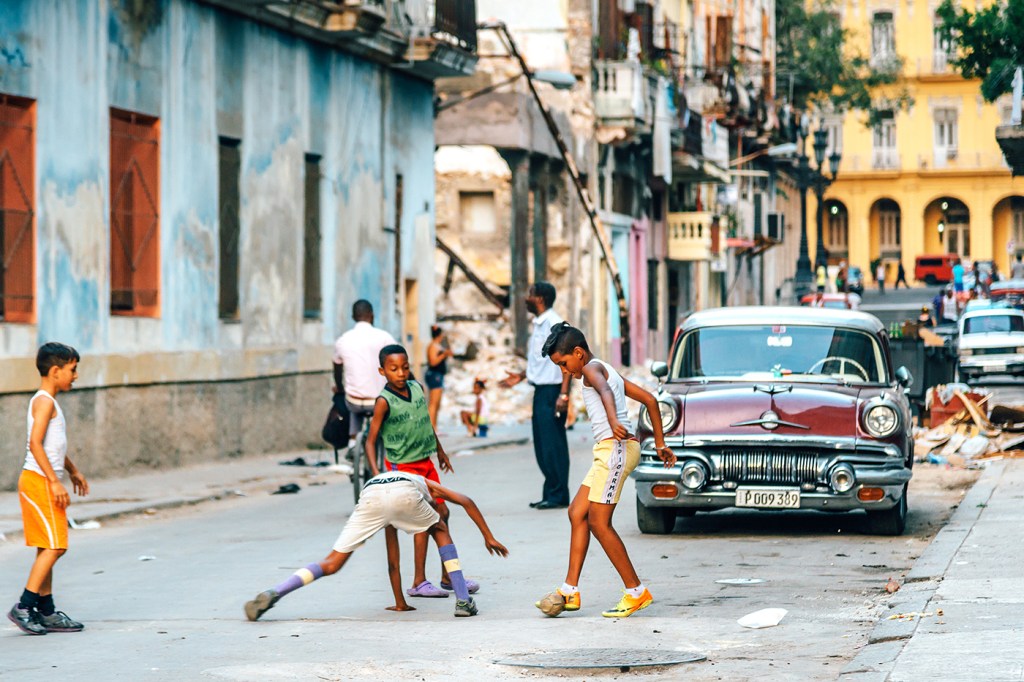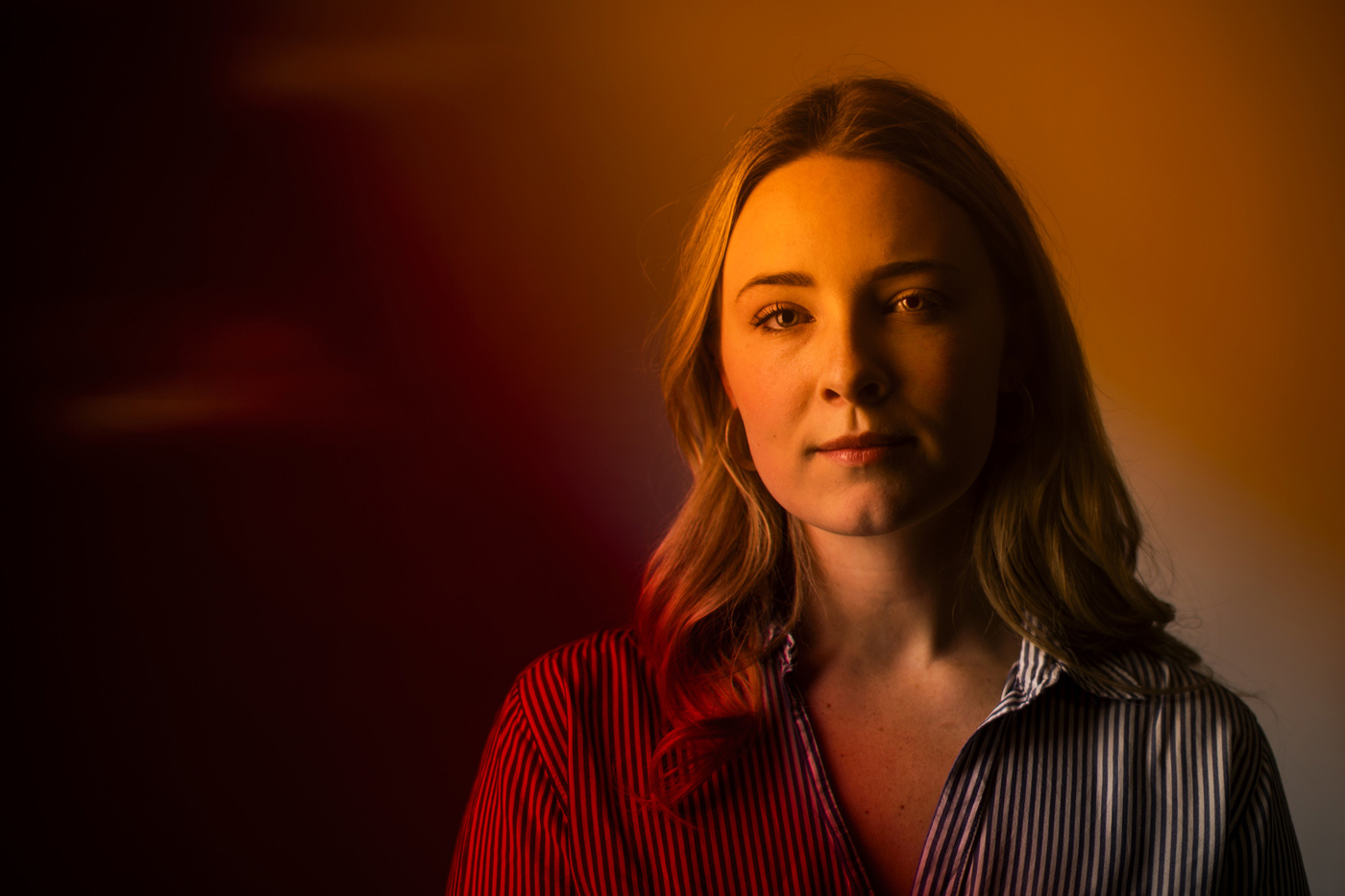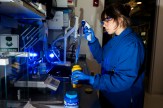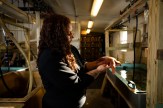How pancakes helped one student understand the effects of the US embargo on Cuba

Katrina Haase never expected she’d be so excited to see a carton of eggs.
But when the Northeastern student, a month into her co-op in Cuba, saw someone walking down her street with a dozen and a half eggs, she ran outside to ask where he’d gotten them. She dashed off to the grocery store the man described, and came home with dozens of eggs. After a month without them, it was like striking culinary gold.
“My roommate was so excited when she saw them, and we were dancing and hugging and jumping around because we finally had eggs,” Haase said. A month into their trip and “that was our first real bonding moment,” she said.
In Cuba, I felt a lot of responsibility as someone from America. I felt like a citizen diplomat. That experience was really important for me, because I may want to go into the foreign service in the future.
Katrina Haase, Northeastern student
It was Haase’s first personal experience with the chilling effects of the United States’ economic embargo on Cuba.
President Dwight D. Eisenhower first proclaimed an embargo on trade with Cuba in 1960 in response to Fidel Castro’s Communist revolution of the island. Soon after he came to power in 1959, Castro established ties with the Soviet Union. In 1962, in what became known as the Cuban Missile Crisis, Cuba became the site of a tense military standoff between the U.S. and the Soviets over nuclear missiles the Soviet Union was building on the island. It was then that President John F. Kennedy expanded the reach of the trade restrictions.
In 2014, it seemed tensions between the two countries were easing, and President Barack Obama signed a measure that would relax the embargo. But in 2017, President Donald Trump issued a memorandum that strengthened the economic sanctions on the country.
Though Haase had learned about the embargo, living it was something else entirely, she said.

“Let’s say I wanted to make pancakes,” she said. “One grocery store would have flour, another would have eggs, and another would have baking soda—you couldn’t get all the ingredients in one place because they were so hard to come by. That’s something we take for granted in the United States.”
Haase is studying international affairs, specifically related to Latin America, she said. During the spring semester of 2018, she worked at the Antonio Núñez Jiménez Foundation, a non-governmental organization dedicated to studying the effect of climate change on Cuba. Haase helped the foundation assess whether tourism would be a sustainable financial avenue for certain rural communities on the island, she said.
For her work, Haase was recently selected out of hundreds of students to receive the International Work Experience Award from the Cooperative Education and Internship Association, an organization that serves as a resource for schools and employers that participate in experiential learning.
Her co-op at the foundation was made possible by academic partnerships among Northeastern, the University of Havana, and the Antonio Núñez Jiménez Foundation.
“In Cuba, I felt a lot of responsibility as someone from the United States,” Haase said. “I’ve always considered myself to be a citizen diplomat. That experience was really important for me, because I may want to go into the foreign service in the future.”
For media inquiries, please contact media@northeastern.edu.





